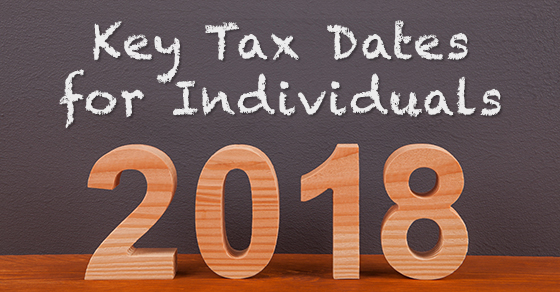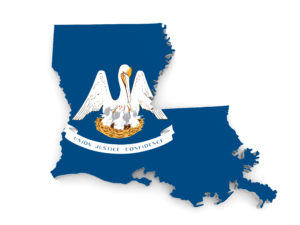Sending your kids to day camp may provide a tax break
When school lets out, kids participate in a wide variety of summer activities. If one of the activities your child is involved with is day camp, you might be eligible for a tax credit!
Dollar-for-dollar savings
Day camp (but not overnight camp) is a qualified expense under the child and dependent care credit, which is worth 20% of qualifying expenses (more if your adjusted gross income is less than $43,000), subject to a cap. For 2018, the maximum expenses allowed for the credit are $3,000 for one qualifying child and $6,000 for two or more.
Remember that tax credits are particularly valuable because they reduce your tax liability dollar-for-dollar — $1 of tax credit saves you $1 of taxes. This differs from deductions, which simply reduce the amount of income subject to tax. For example, if you’re in the 24% tax bracket, $1 of deduction saves you only $0.24 of taxes. So it’s important to take maximum advantage of the tax credits available to you.
Qualifying for the credit
A qualifying child is generally a dependent under age 13. (There’s no age limit if the dependent child is unable physically or mentally to care for him- or herself.) Special rules apply if the child’s parents are divorced or separated or if the parents live apart.
Eligible costs for care must be work-related. This means that the child care is needed so that you can work or, if you’re currently unemployed, look for work.
If you participate in an employer-sponsored child and dependent care Flexible Spending Account (FSA), also sometimes referred to as a Dependent Care Assistance Program, you can’t use expenses paid from or reimbursed by the FSA to claim the credit.
Determining eligibility
Additional rules apply to the child and dependent care credit. If you’re not sure whether you’re eligible, contact us. We can help you determine your eligibility for this credit and other tax breaks for parents.





